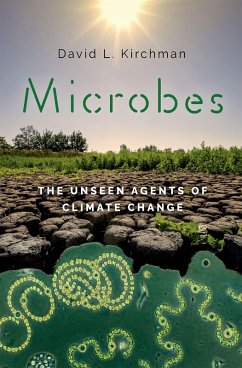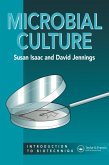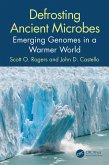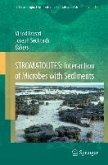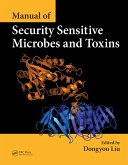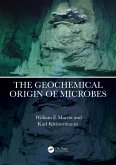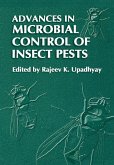For billions of years, microbes have produced and consumed greenhouse gases that regulate global temperature and in turn other aspects of our climate. The balance of these gases maintains Earth's habitability. Methane, a greenhouse gas produced only by microbes, may have kept Earth out of a deep freeze billions of years ago. Likewise, variations in carbon dioxide, another greenhouse gas released by microbes and other organisms, help to explain the comings and goings of ice ages over the last million years. Now we face a human-made climate crisis with drastic consequences. The complete story behind greenhouse gases, however, involves microbes and their role in natural ecosystems. Microscopic organisms are also part of the solution, producing biofuels and other forms of green energy which keep fossil fuels in the ground. Other microbes can be harnessed to reduce the release of methane and nitrous oxide from agriculture, and geoengineering solutions that depend on microbes could pull carbon dioxide out of the atmosphere. In this book, David L. Kirchman introduces a unique and timely contribution to the climate change conversation and the part microbes play in our past, present, and future. He takes readers into the unseen world behind the most important environmental problem facing society today and encourages us to embrace microbial solutions that are essential to mitigating climate change.
Dieser Download kann aus rechtlichen Gründen nur mit Rechnungsadresse in A, B, BG, CY, CZ, D, DK, EW, E, FIN, F, GR, HR, H, IRL, I, LT, L, LR, M, NL, PL, P, R, S, SLO, SK ausgeliefert werden.

